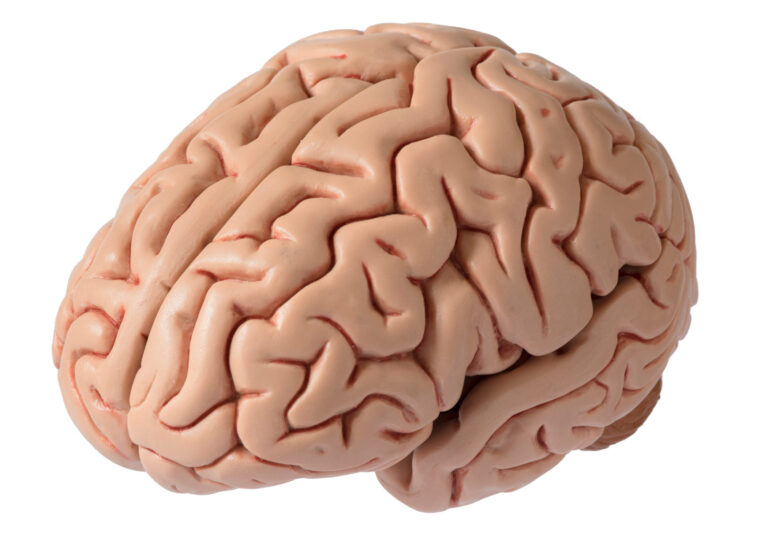As we age, it’s natural for our bodies to slow down and for certain functions, such as memory and cognition, to decline. However, recent studies have shown that our diet may play a crucial role in slowing down this cognitive decline.
Cognitive decline refers to the gradual decrease in thinking, reasoning, and memory abilities that comes with aging. This decline can lead to conditions such as dementia and Alzheimer’s disease, which affect millions of people worldwide.
While there is no surefire way to prevent or cure cognitive decline, researchers have found that maintaining a healthy diet can help slow down the process. Here’s a closer look at the role of diet in slowing cognitive decline:
1. Nutrients for Brain Health
Our brains require a variety of nutrients to function properly. Consuming a diet rich in these nutrients can improve brain health and potentially slow down cognitive decline.
Some essential nutrients for brain health include omega-3 fatty acids, B vitamins, and antioxidants. Omega-3 fatty acids, found in fatty fish like salmon and sardines, have been linked to improved memory and cognition. B vitamins, found in leafy greens, whole grains, and lean proteins, help support nerve function and protect against brain shrinkage. Antioxidants, found in fruits and vegetables, help fight off free radicals that can damage brain cells.
2. The Mediterranean Diet
One popular diet that has been extensively studied for its impact on cognitive decline is the Mediterranean diet. This eating pattern is rich in fruits, vegetables, whole grains, fish, and healthy fats like olive oil. It also includes moderate amounts of red wine and limited red meat consumption.
Studies have shown that following a Mediterranean diet can improve cognitive function and reduce the risk of developing dementia. This may be due to the combination of nutrients and antioxidants found in the diet.
3. Blood Sugar Control
High blood sugar levels have been linked to an increased risk of cognitive decline. When our blood sugar levels are consistently high, it can lead to inflammation and damage to brain cells.
Therefore, it’s important to maintain stable blood sugar levels by following a balanced diet. This means avoiding excessive intake of sugary and processed foods and opting for complex carbohydrates, lean proteins, and healthy fats instead.
4. Gut-Brain Connection
It may come as a surprise, but the health of our gut bacteria can also impact our cognitive function. Our gut microbiome plays a crucial role in our overall health, including brain function.
Research has shown that an imbalance in gut bacteria, known as dysbiosis, can contribute to inflammation and cognitive decline. To promote a healthy gut microbiome, it’s important to consume a diverse range of plant-based foods and include probiotic-rich foods like yogurt and kimchi in your diet.
5. Social and Cultural Aspects of Eating
Eating is not just about the food we consume, but also the environment and culture surrounding it. Research has found that social isolation and loneliness can increase the risk of cognitive decline.
In cultures where eating is seen as a communal activity, individuals tend to have better cognitive function in old age. This highlights the importance of social interactions and maintaining strong social connections as we age.
In conclusion, while there is no magic pill to prevent cognitive decline, there are steps we can take to slow it down. A healthy, balanced diet that includes a variety of nutrient-rich foods can nourish our brains and potentially delay or reduce cognitive decline. It’s never too late to make positive changes to our diet and improve our overall health and well-being.




